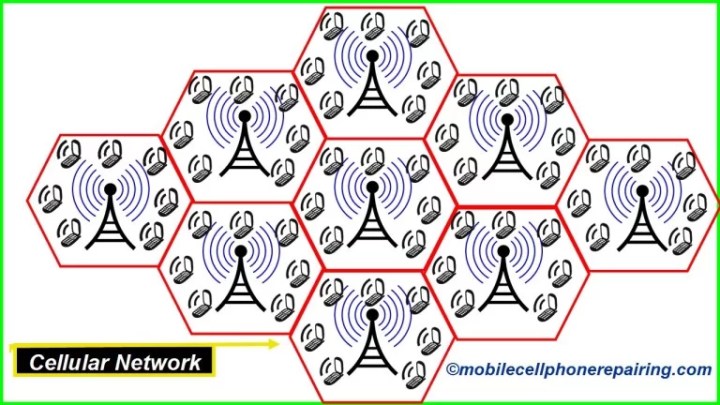The idea that physical events are generated is radical but not new, given the following proposals:
1. Fredkin. Proposed that for physical events to be generated “…only requires one far-fetched assumption: there is this place, Other, that hosts the engine that “runs” the physics.” (Fredkin, 2005) p275.
2. Wilczek. Proposed that what generates the physical is “… the Grid, that ur-stuff that underlies physical reality” (Wilczek, 2008 p111).
3. Wheeler. Proposed that some sort of processing generates matter “… every physical quantity, every it, derives its ultimate significance from bits … a conclusion which we epitomize in the phrase, it from bit.” (Wheeler, 1989).
4. D’Espagnat. Proposed that a “veiled reality” generates time, space, and matter. (D’Espagnat, 1995).
5. Campbell. Proposed that a “Big Computer” generates our reality (Campbell, 2003).
6. Barbour. Proposed that time is generated by a landscape where “The mists come and go, changing constantly over a landscape that itself never changes” (Barbour, 1999) p230.

These proposals suggest that something else generates physical events, so let Fredkin’s engine, Wilczek’s ur-grid, Wheeler’s bit source, D’Espagnat’s veiled reality, Campbell’s big computer, and Barbour’s landscape all refer to a primal network that existed before our universe began. Our cellphone networks consist of stations that actively support local phones, where each station connects to its neighbors (Figure 2.1), so let the network proposed be the same, except each station is a point of space that supports local entities, not phones. Space itself is then a network of points, just as Feynman viewed it, according to Hiley:
“I remember … Richard Feynman … saying that he thought of a point in space-time as being like a computer with an input and output connecting neighboring points.” (Davies & Brown, 1999) p138.
Feynman imagined space as a network, whose points had inputs and outputs like a computer. Let us therefore also imagine space as a network, which is empty when its output is null, and when it isn’t, shows something else, like a photon or electron. Behind this concept is the same processing that runs our quantum computers.
But if quantum processing generates matter, is matter just information, as Wheelers It from Bit implies? Before exploring how a quantum network could create a space and time like ours, let us clarify what information is.